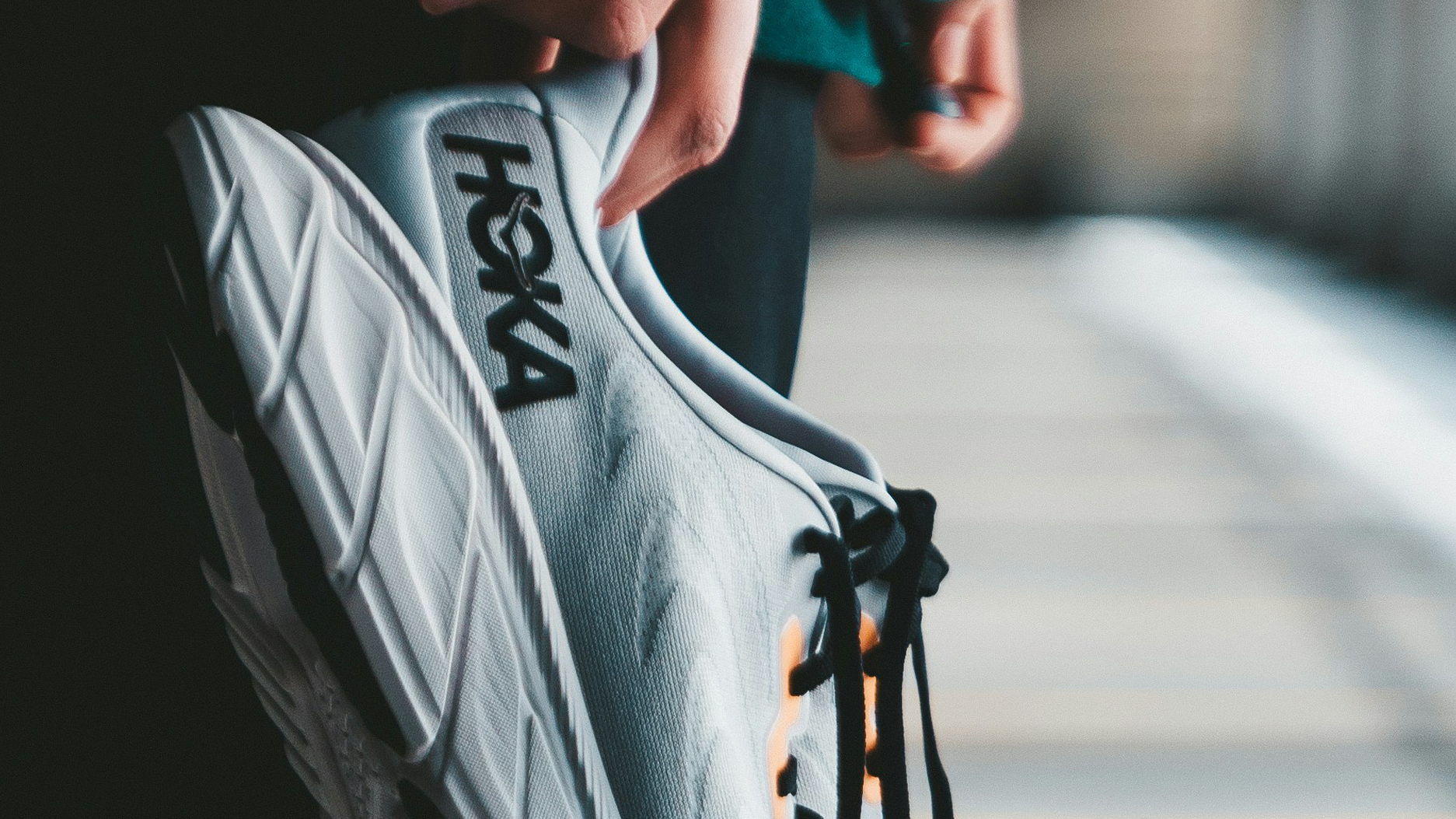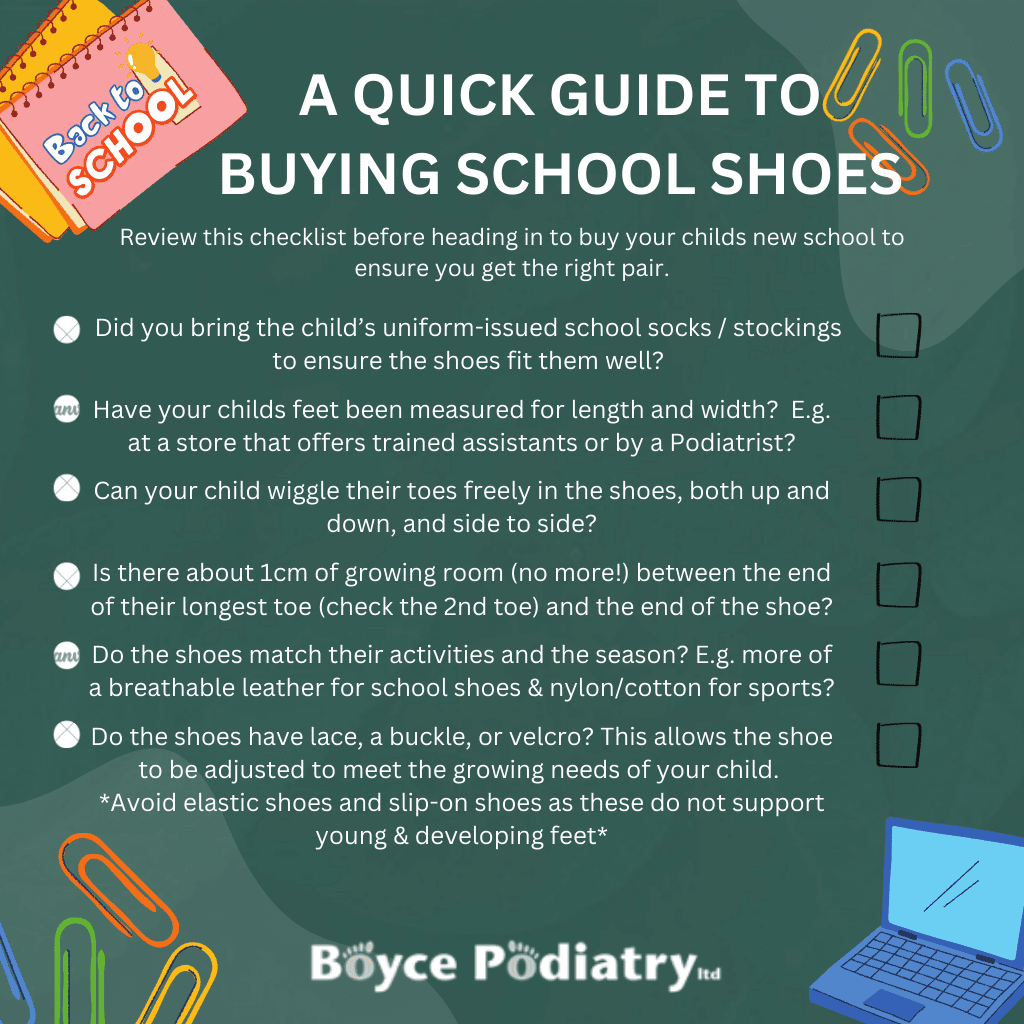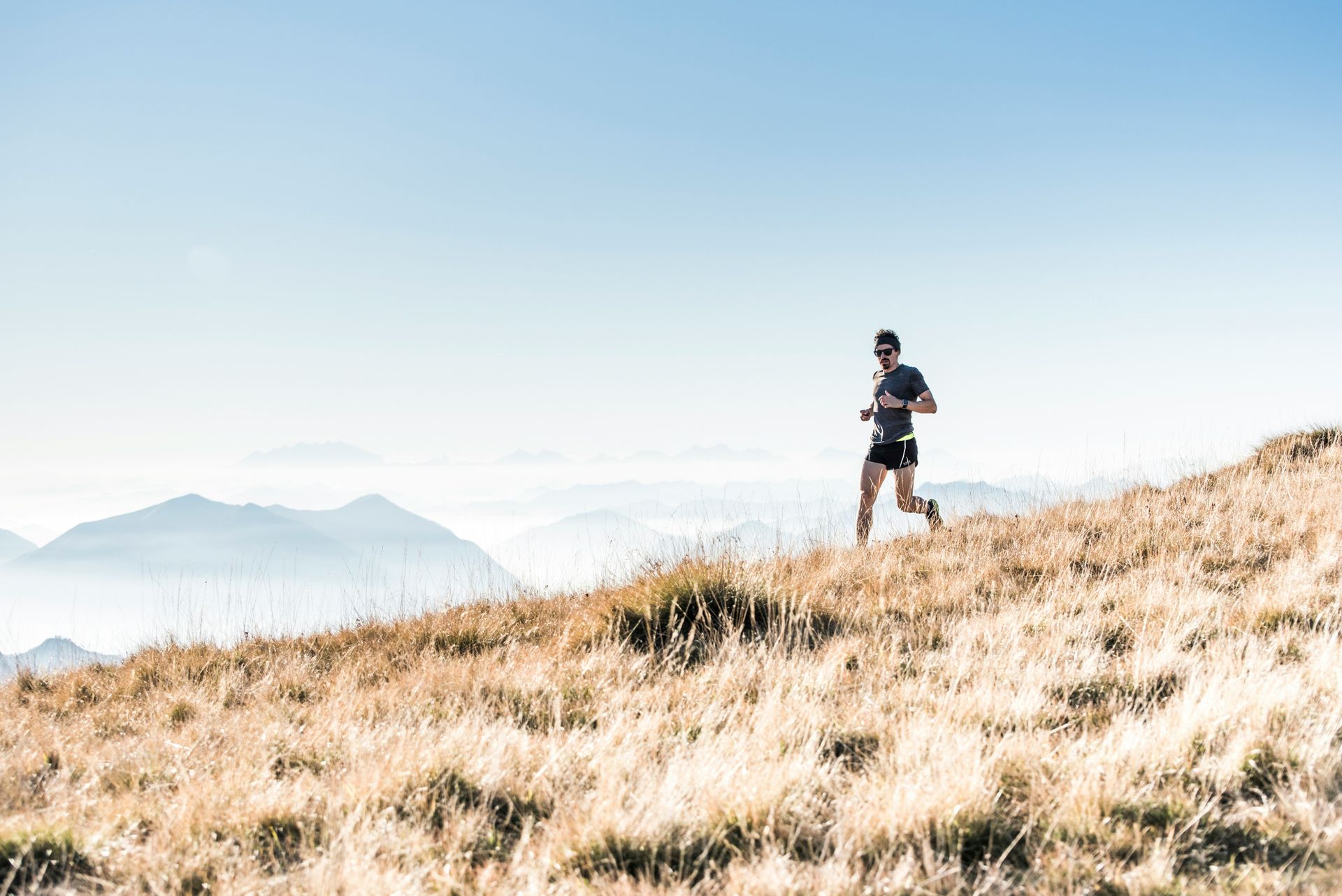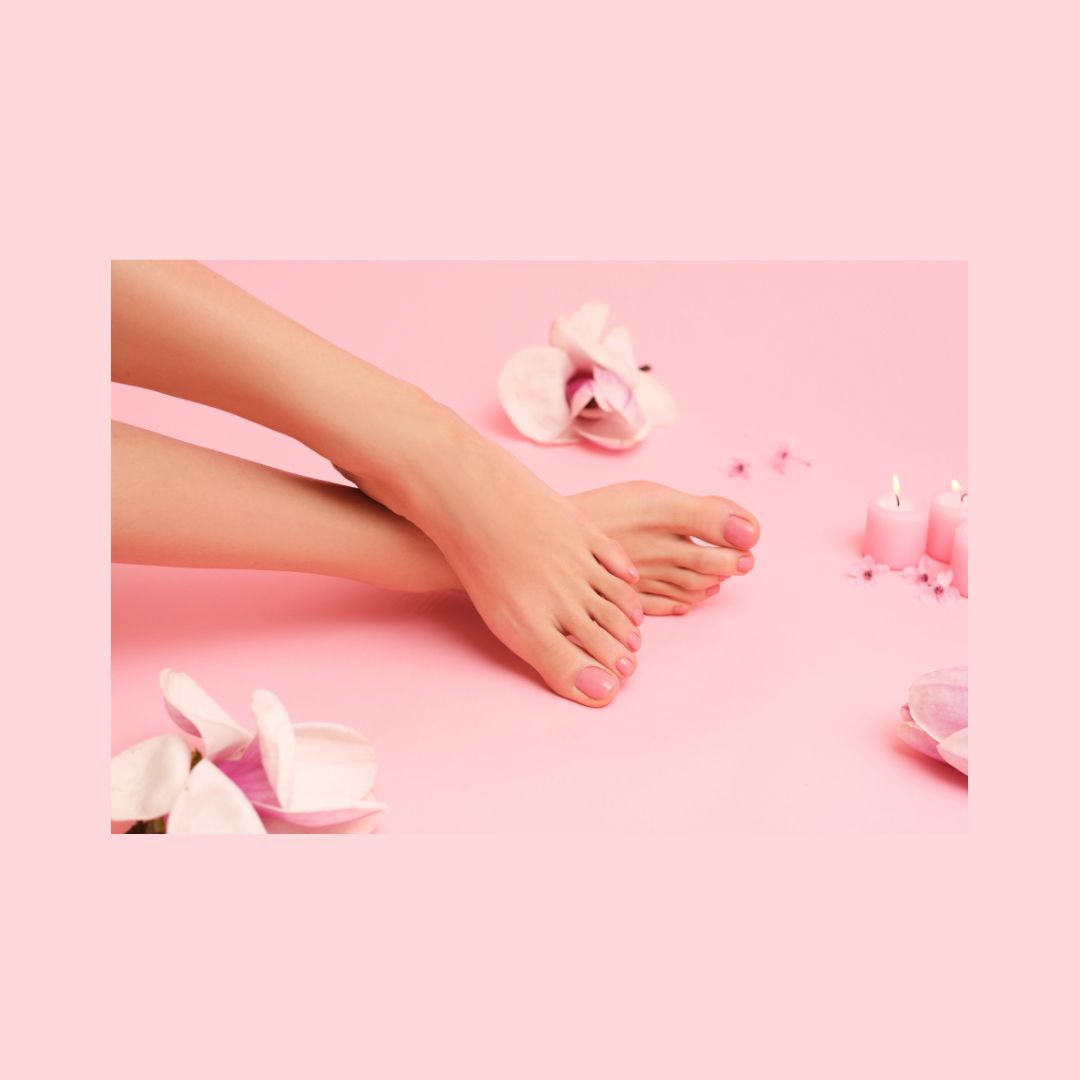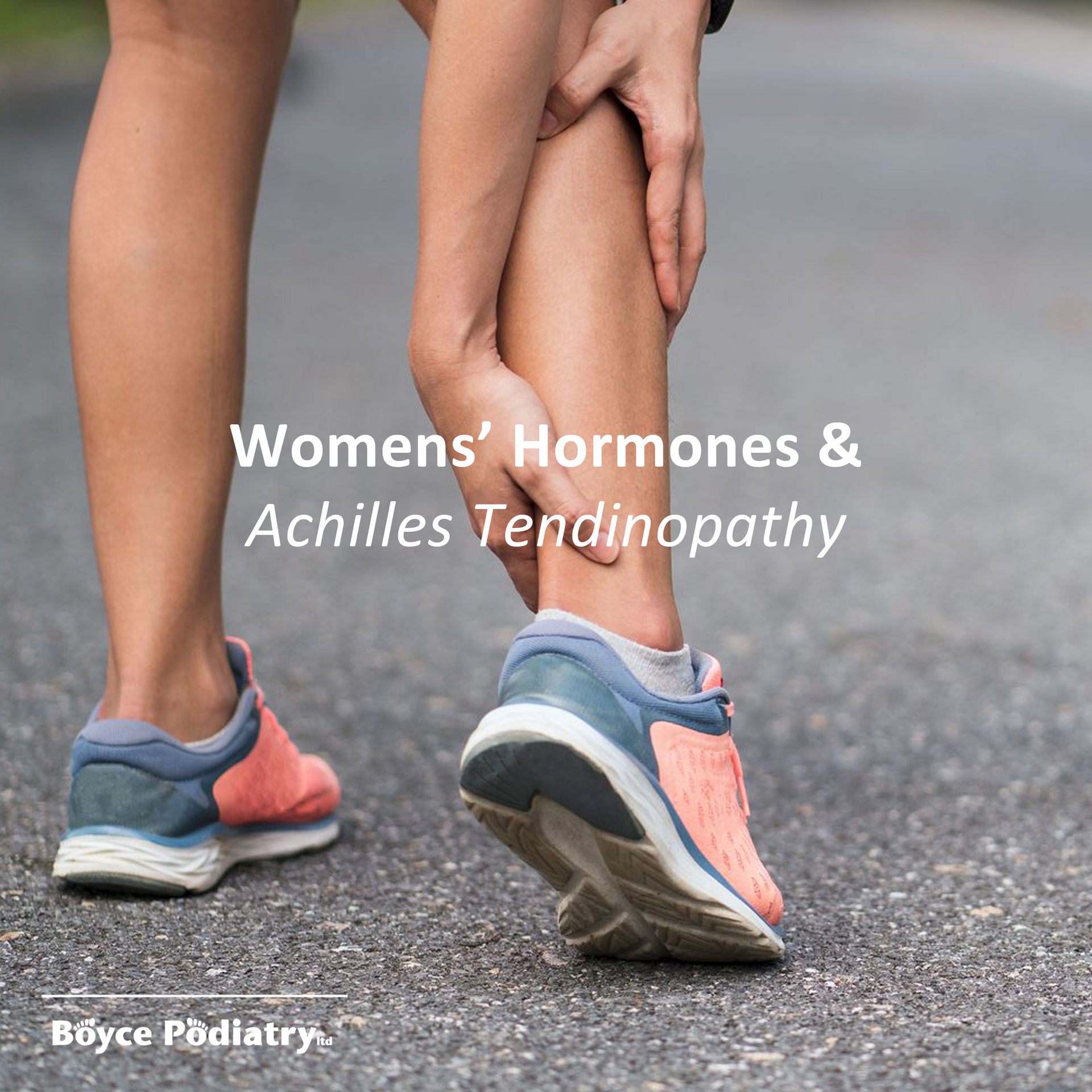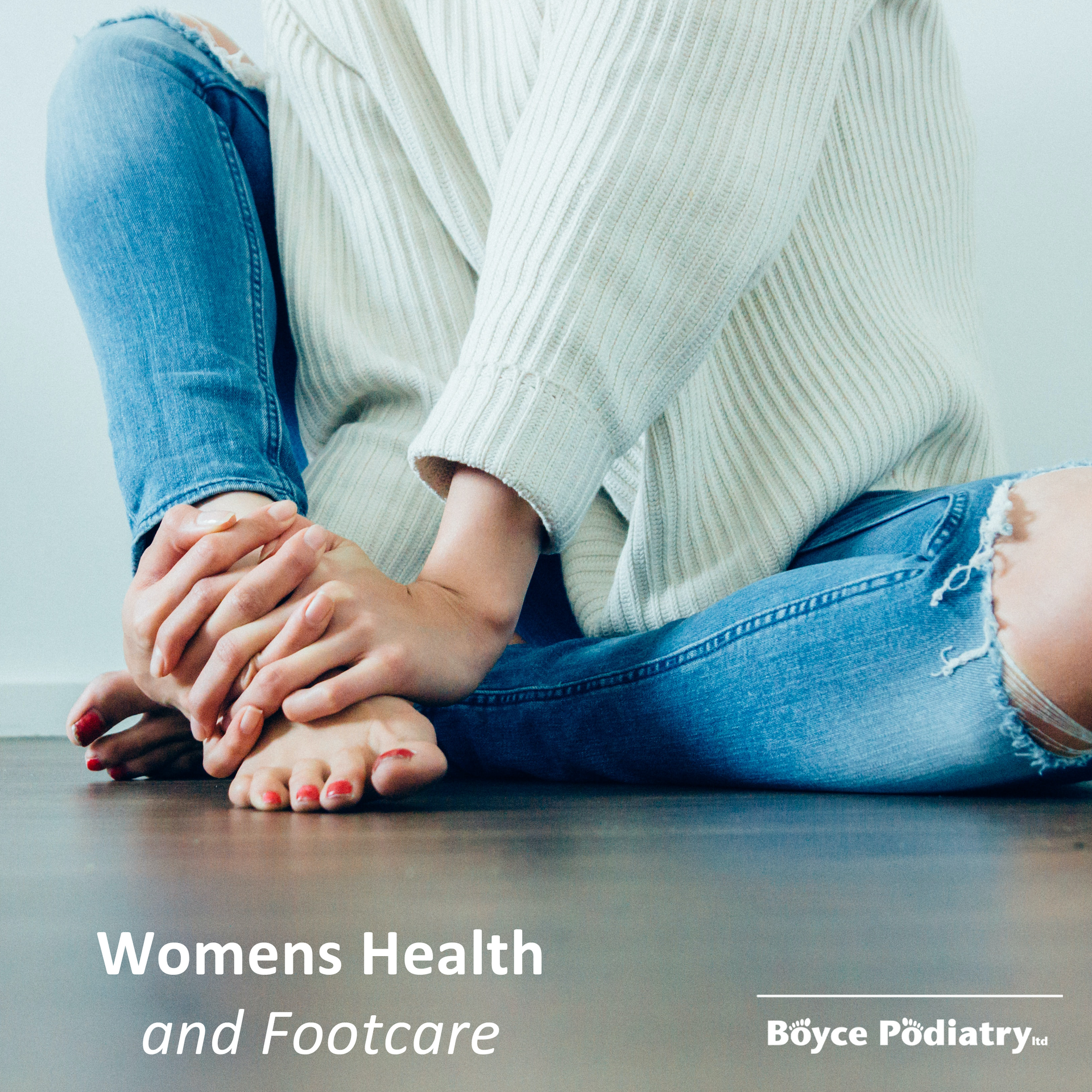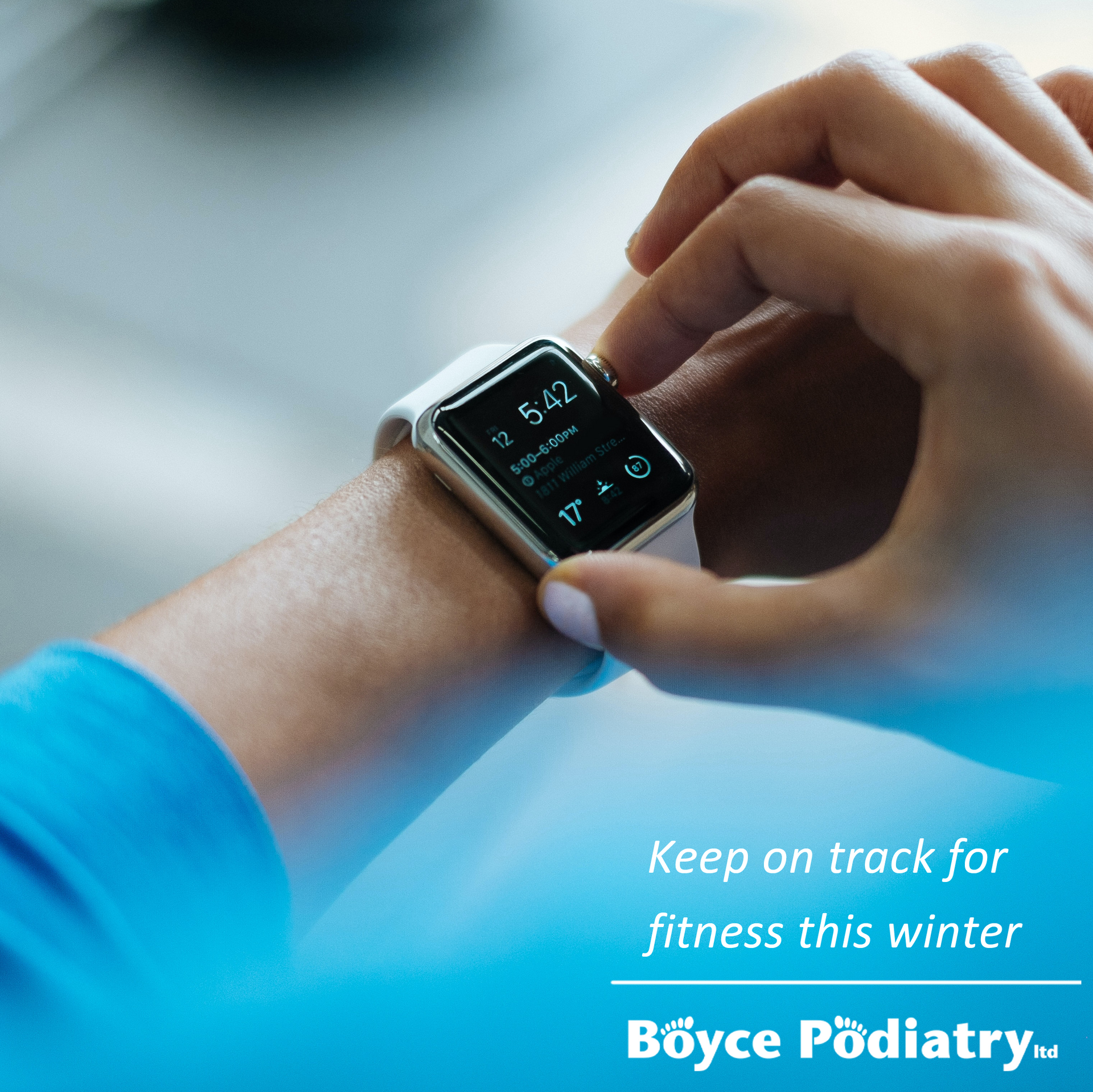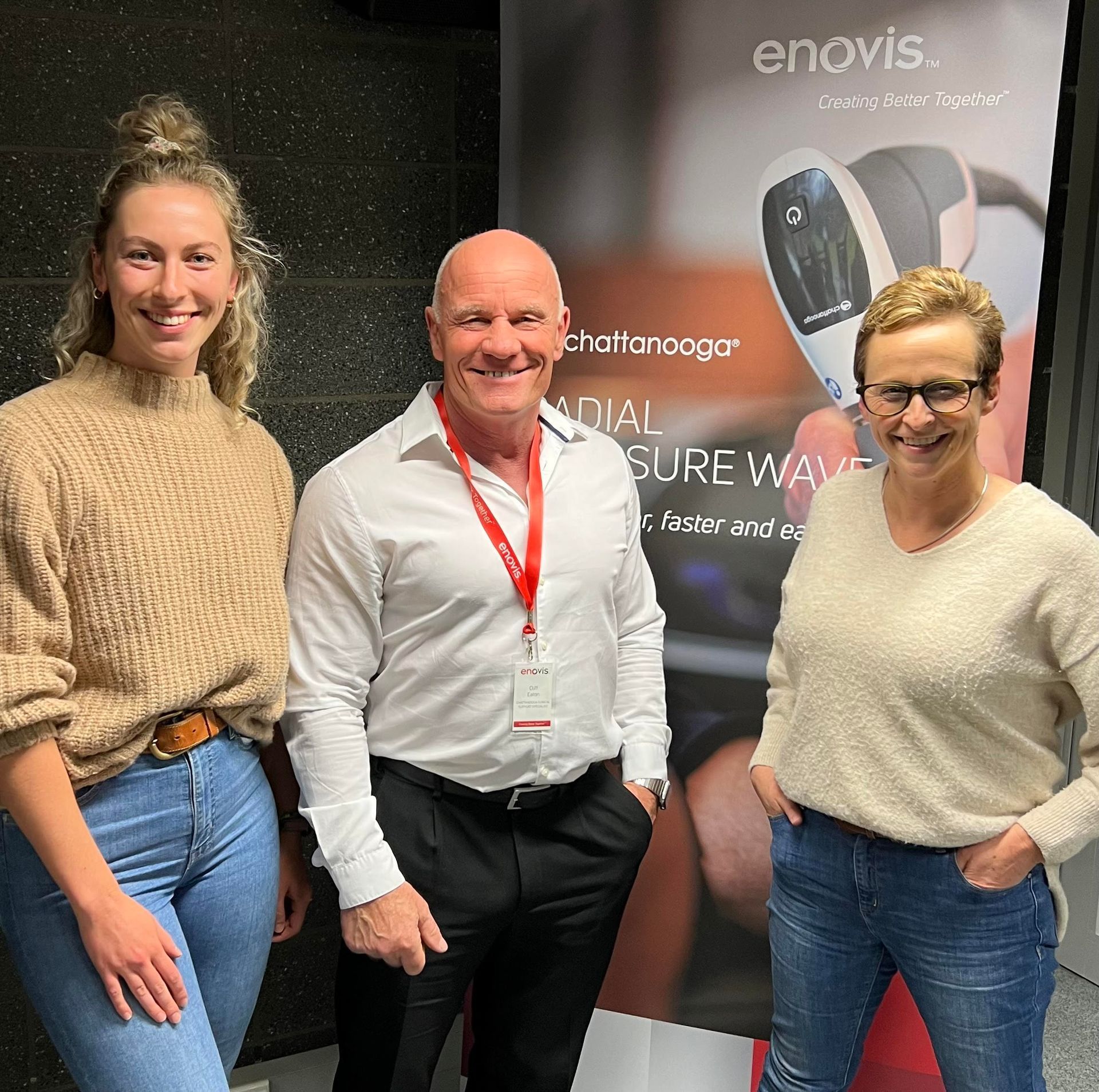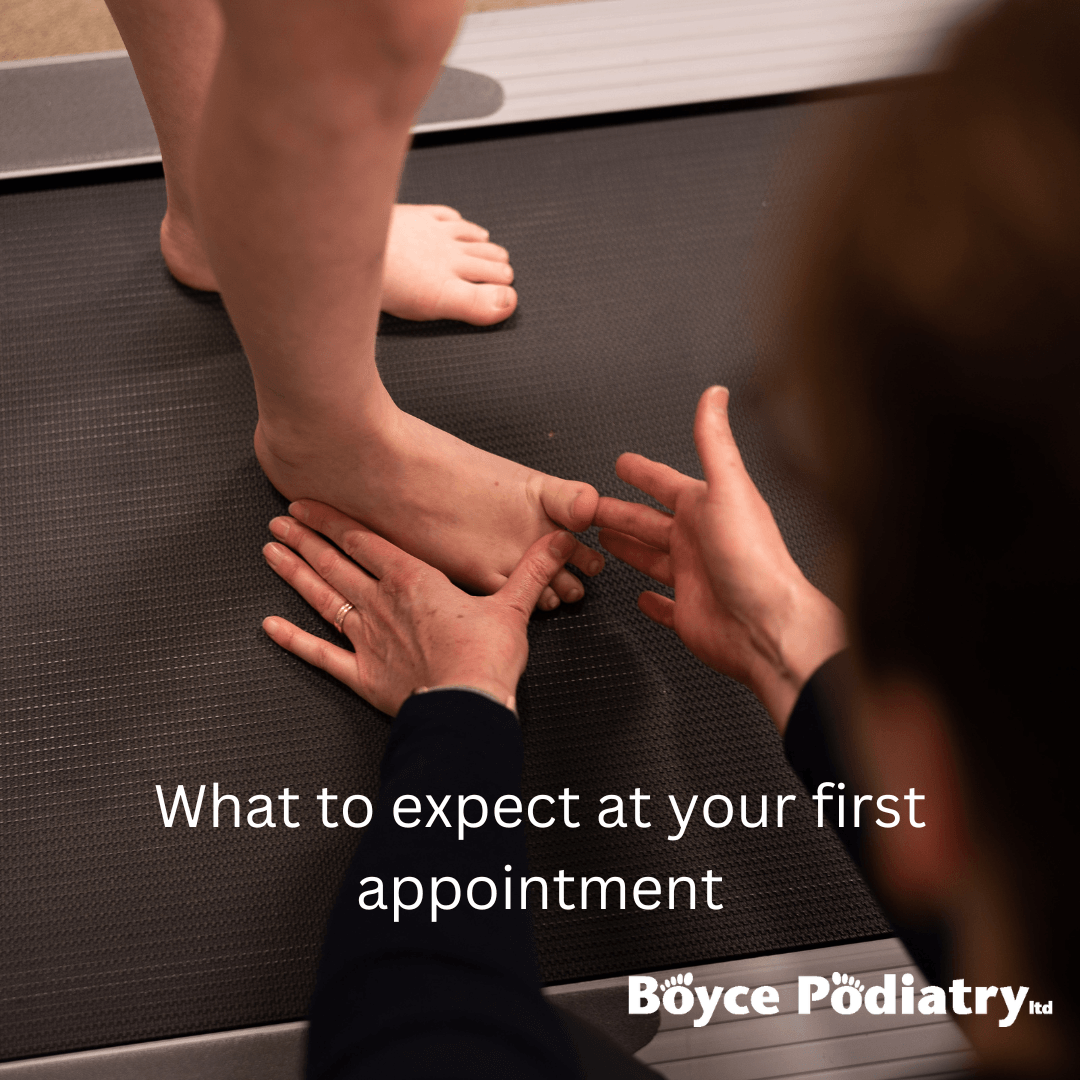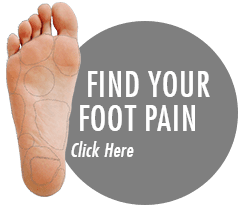Treatments for Osteoarthritis (OA)
As we age, the term “arthritis” seems to become one of the most common terms we hear. Osteoarthritis (OA) can be quite a painful and debilitating condition for some people. The New Zealand Medical Association (NZMA) states, “One in ten New Zealanders are affected by OA and it is said to increase by 76% in the next 20 years due to obesity and population demographics”.
The knee joint is the most frequently affected joint when it comes to OA, this is closely followed by the hip joint, and smaller joints such as the hands and feet.
After years of OA research and studies, the effectiveness of exercise shows that strengthening the surrounding muscles will support the joint. However, the prevalence of pain can be a deterrent from undertaking the strengthening exercises. Occasionally people are worried about making things worse when completing their exercises. This pattern we slowly need to break in order to get the best outcomes. For this reason educating our clients on OA is important and therefore an exercise regime we would recommend as essential.
The pain associated with OA, especially knee OA is linked with the bone marrow oedema, which accompanies OA. One recent study looked at the effect of focussed shockwave therapy (https://www.boycepodiatry.co.nz/shockwave-therapy) on bone marrow oedema. Participants had their bone marrow oedema measured using MRI pre and post study. The final MRI scan showed a whopping 86% decrease in the surface area of the bone marrow oedema and significantly reduced pain compared to the control group. Recent studies have also shown the benefit of photobiomodulation therapy (or PBMT) and its effect of increasing femoral cartilage thickness.
Using a combination of these above mentioned techniques; shockwave, PBMT, and exercise therapy shows the best results for those looking to take back control of their life.
Has your pain stopped you from the 9 holes of golf you used to play? Has it stopped you from running around after the grandkids? Or has it affected your confidence doing day-to-day activities? Why not come in and see what we can do to help get you back up and doing the things you love.
